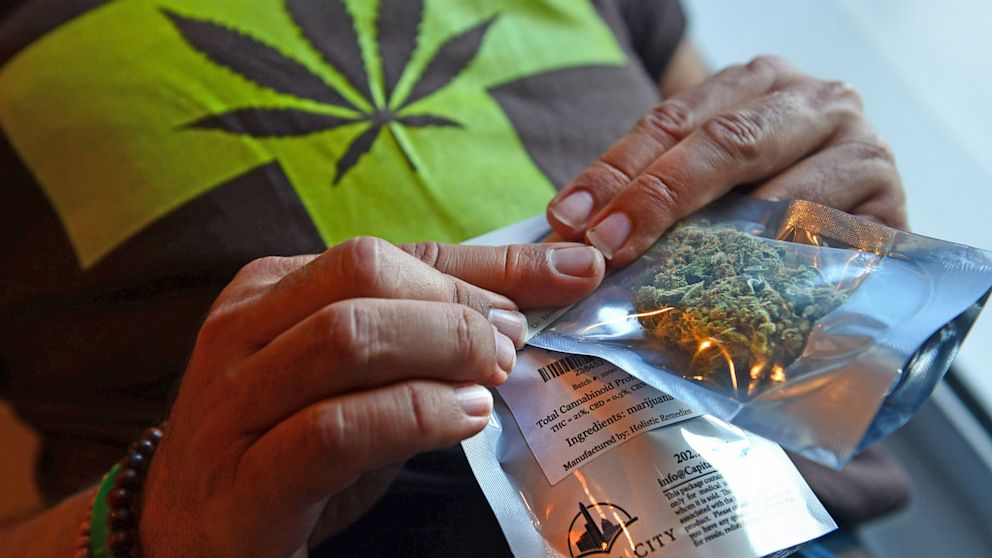TSA Policy on Medical Marijuana Is Murky But May Be Easing
Twenty states have legalized medical pot, but it's illegal under federal law.

Oct. 9, 2013— -- Travelers with prescription pot are receiving an unofficially relaxed response from TSA agents, according to recent reports.
Now that 20 states have legalized marijuana for medical purposes and two have given recreational use the green light, the Transportation Security Administration's adherence to federal law makes for a somewhat grey and sticky situation at airports.
Marijuana Ruling Could Signal End of Prohibition on Pot
"Whether or not marijuana is considered 'medical marijuana' under local law is not relevant to TSA screening because TSA is governed by federal law and federal law provides no basis to treat medical marijuana any differently than non-medical marijuana," the agency states on its website.
But whether the herbs in question will be turned over to local authorities is at the discretion of the TSA, and historically responses have varied on a case-by-case basis.
Irvin Rosenfeld had been prescribed medical marijuana for 19 years when he was prevented from boarding a flight in 2001, according to a lawsuit he filed against the airline.
Prescription Pot User Sues Delta For Denying Drug Travel
More recently, those who have presented prescription identification in certain states have been allowed to travel without issue, according to an official with the National Organization for the Reform of Marijuana Laws, or NORML.
"I'm delighted to hear that because I think it shows that TSA primarily is acting as it was intended when it was established, to protect all of us when we travel on the airlines and to thwart terrorists. It is not supposed to be an anti-drug agency," Keith Stroup, an attorney and founder of NORML told Lawyers.com.
"What nobody feels 100 percent comfortable with is it's a grey zone you're going through. It's technically still illegal even though they aren't enforcing it very strongly," Stroup added.
When ABC News requested comment on whether the agency will be officially revising its policy, the TSA responded with the following statement:
"TSA's screening procedures, which are governed by federal law, are focused on security and are designed to detect potential threats to aviation and passengers. If during the security screening procedures an officer discovers a item that may violate the law, TSA will refer the matter to a law enforcement. Law enforcement officials will determine whether to initiate a criminal investigation. TSA's focus is on terrorism and security threats to the aircraft and its passengers."




